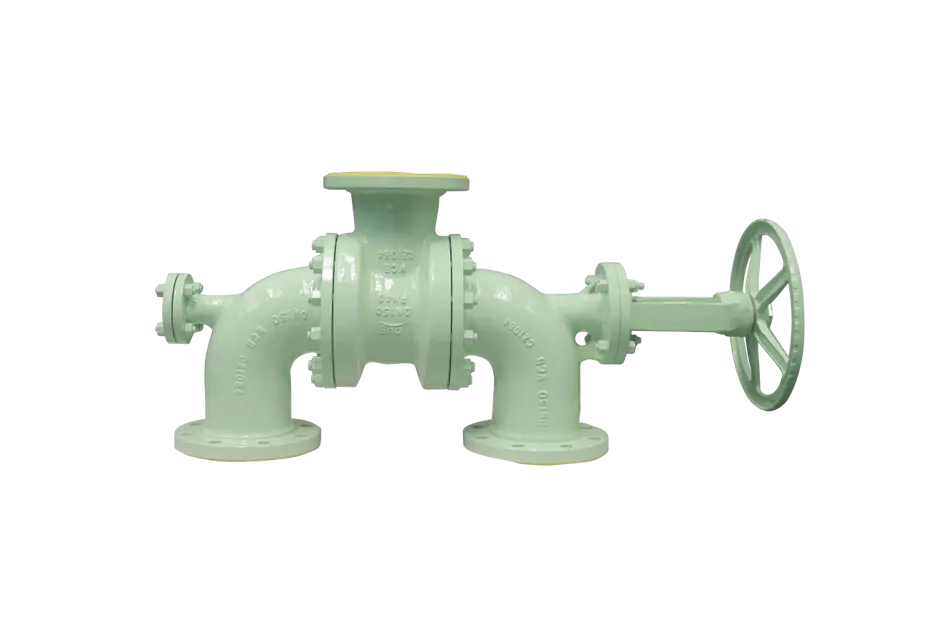
When should one opt for a changeover valve?
1. Heat Exchange Systems: Within HVAC systems and industrial heat exchange setups, employing changeover valves allows for flexible fluid flow control, ensuring the efficient transfer of thermal energy within the system. This proves pivotal in augmenting overall heat efficiency.
2. Hydraulic Systems: Strategic deployment of changeover valves in hydraulic systems enables proper fluid distribution within pipelines, thereby enhancing system responsiveness and control precision, subsequently leading to reduced energy consumption.
3. Manufacturing Automation: In automated production lines, changeover valves find widespread usage in controlling pneumatic and hydraulic actuators, facilitating efficient movement and positioning of workpieces along the production line. Intelligent changeover valve systems further amplify production efficiency and curtail resource wastage.
4. Solar Thermal Water Systems: Changeover valves are instrumental in solar thermal water systems, governing the flow direction of fluids to ensure effective heat transfer from solar collectors to the hot water storage unit. This enhances the thermal energy utilization efficiency of the system.
Consideration Factors for Selecting Changeover Valves:
1. System Requirements: Diverse applications necessitate distinct types of changeover valves. Thus, it's imperative to thoroughly assess the specific needs of the system, encompassing factors like flow rate, operating pressure, temperature range, and more.
2. Energy Efficiency Optimization: The design and efficacy of changeover valves profoundly influence the system's energy efficiency. Opting for high-efficiency changeover valves aids in curbing energy consumption while bolstering system performance.
3. Reliability and Durability: Given the critical role of changeover valves, prioritizing their reliability and durability is paramount. Investing in top-tier, long-lasting changeover valves helps slash maintenance expenses and minimize system downtime.
4. Intelligent Control: With the advent of smart technology, advanced changeover valves now boast intelligent control features, facilitating automatic adjustments based on system requirements. This amplifies system flexibility and efficiency.
When deliberating the utilization of changeover valves, businesses and engineers ought to make well-informed decisions based on specific application contexts and system prerequisites, while considering the aforementioned factors. This approach aids in advancing energy efficiency optimization and attaining objectives in energy conservation and emission reduction.
To delve deeper into the application and performance of changeover valves, we invite you to explore our official website at www.dervosvalve.com. Discover our array of products and solutions as we collectively endeavor to forge a more sustainable future.
